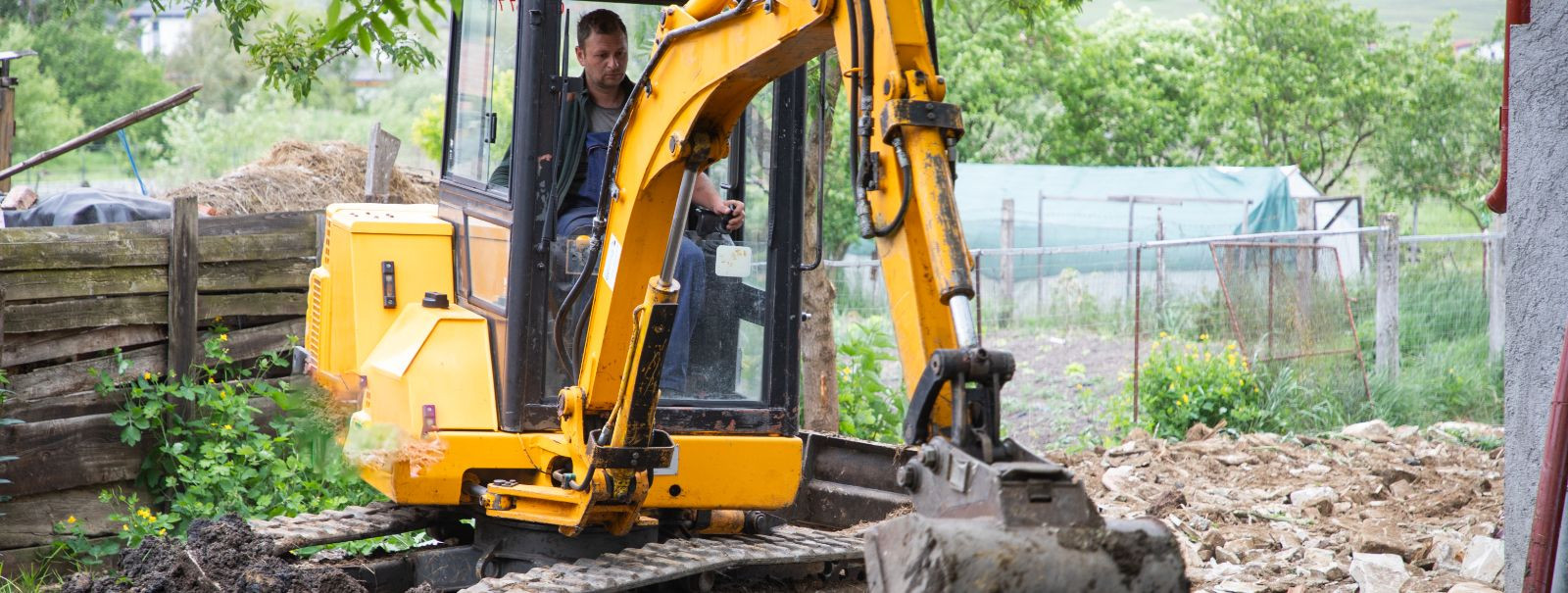Top 5 benefits of renting construction equipment
In the fast-paced world of construction, the ability to adapt and respond to changing project demands is crucial. For construction companies, logistics firms, and independent contractors, renting construction equipment offers a strategic advantage. This approach not only provides access to the latest machinery but also aligns with the need for cost-effective and flexible solutions. Here, we explore the top five benefits of renting construction equipment.
Cost-Effectiveness
Purchasing construction equipment requires a significant upfront investment, which can strain financial resources. Renting, on the other hand, allows businesses to allocate funds more efficiently, directing capital towards other critical areas such as workforce development or project expansion. This financial flexibility is particularly beneficial for small to medium-sized enterprises looking to grow without overextending their budgets.
Owning equipment comes with the responsibility of regular maintenance and repairs, which can be both time-consuming and costly. Renting shifts this burden to the rental company, ensuring that the equipment is well-maintained and in optimal working condition. This not only saves money but also reduces the administrative workload associated with equipment upkeep.
Flexibility and Scalability
Construction projects often require different types of equipment at various stages. Renting provides access to a diverse fleet of machinery, from excavators and bulldozers to cranes and loaders, allowing businesses to select the right tools for each task. This flexibility ensures that projects can proceed smoothly without delays caused by equipment shortages.
As project requirements evolve, so too can the equipment needs. Renting allows companies to scale their operations up or down as necessary, without the constraints of owning specific machinery. This adaptability is particularly advantageous for contractors working on multiple projects with varying demands.
Enhanced Efficiency
Rental companies frequently update their inventory to include the latest models and technologies. By renting, businesses can take advantage of cutting-edge equipment that enhances productivity and efficiency. This access to modern machinery can provide a competitive edge, enabling faster project completion and improved quality of work.
Equipment breakdowns can lead to costly delays. Renting minimizes this risk, as rental companies typically offer immediate replacements or repairs. This ensures that projects remain on schedule, reducing downtime and maintaining momentum.
Risk Management
Construction equipment depreciates over time, diminishing its resale value. Renting eliminates this concern, as businesses are not tied to the long-term ownership of depreciating assets. This approach allows companies to focus on their core operations without worrying about asset management.
The construction industry is subject to market fluctuations that can impact equipment demand and pricing. Renting provides a buffer against these changes, offering a stable and predictable cost structure. This financial predictability is invaluable for businesses navigating uncertain economic conditions.
Operational Convenience
Managing a fleet of construction equipment involves complex logistics, from transportation to storage. Renting simplifies these processes, as rental companies handle delivery and pickup, allowing businesses to focus on project execution. This convenience reduces logistical headaches and streamlines operations.
Renting offers the freedom to use equipment only when needed, without the obligation of long-term ownership. This flexibility is ideal for contractors who require specific machinery for short-term projects or seasonal work. It also allows businesses to test equipment before making a purchase decision, ensuring that they invest in the right tools for their needs.






Comments (0)